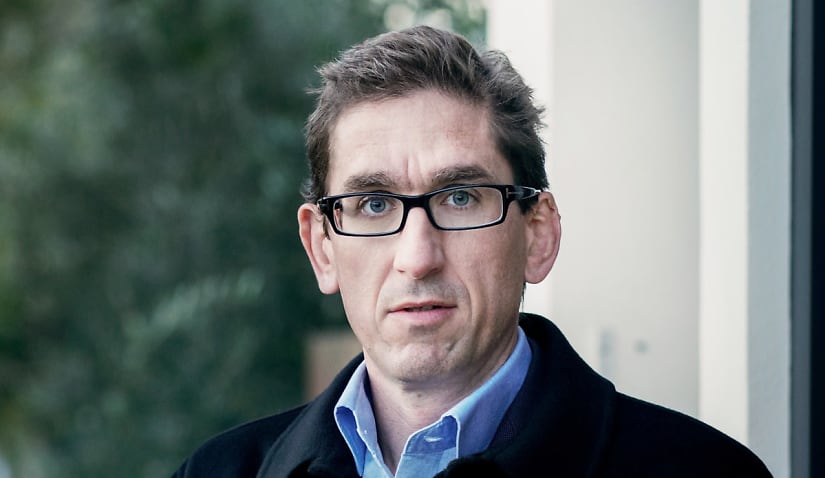Richard McHugh is a top commercial barrister and author of the newly released novel, The Cutting. Here, he discusses the satisfactions of writing, his legal career and pursuing other interests as a lawyer.

Mr McHugh spoke to Lawyers Weekly about his book, based in modern Australia, which explores money, class, race, privilege, families, friends, lovers, duplicity and corruption.
“I would have been 21,” he said. “Tom Keneally was one of the judges; he was kind enough to say I could write.”
Mr McHugh mused about the satisfactions of writing in comparison to the satisfactions of his legal career. “They complement each other,” he noted.
“I like to fight. There are not many healthy outlets for that impulse; running cases is about as healthy as it gets.
“Litigation is adversarial by design: stylised conflict. But it’s not about you. You’re fighting for someone else.
“Your ethical duty is to try to win: ‘to make every honest endeavour to succeed’ within the limits of the evidence — which makes it especially satisfying to win a case you were ‘supposed to’ lose,” he said.
“Whereas writing fiction has all the satisfactions of being unconstrained by honesty or evidence, and there’s no winning or losing.
“The measures of success are not binary, and they differ for each reader.
“How convincing are the characters? To what extent will readers feel compassion for them when they do bad things? How entertaining is the world of the novel? How much pleasure is to be had in the writing?
“There’s a lot of fun to be had in making all that up.”
He discussed how his lived experience had informed the characters written into his story, noting that while they are not based on anyone he knows, they reflect situations seen in contemporary Australia.
“One of the characters is a (possibly former) billionaire. One has an ice problem. One is a single mother being blackmailed by her boss.
“None of that is my lived experience. But in a broader sense, this is a comic social novel, and everything in it is informed by the (often absurd) experience of living in contemporary Australia,” he said.
Mr McHugh gave some advice for lawyers hoping to explore interests outside the law.
“Particularly as barristers we have all this notional freedom to control our own time, but the modern culture of the law discourages that by default.
“But you don’t have to do the same thing forever; nor do you have to abandon the law to pursue other interests,” he said.
Mr McHugh spoke about his career as a barrister. “It’s a very up and down kind of life,” he said.
“One of the earliest lowlights was when I was in my first year at the bar, in 1995. I lost a case in the Local Court.
“The judgment for $40,000 put my client, a sole trader, out of business. You never stop blaming yourself for a loss like that.
“Probably the highlight of my career was the day, many years ago now, when I realised I was immune to judicial attempts at bullying.”
Reflecting on what he considers as the “dark side” of the culture, he referred to the increased access and responsibility for lawyers afforded by developments in technology.
“Now an expectation follows you everywhere, even on holiday on the other side of the world, that you’ll be available well into the night, seven days a week.
“There’s endless talk these days about work/life balance. But the forces that stand in the way haven’t changed: the economic structure of the profession, the timetables imposed of the courts (which effectively control how late into the night litigators must work, but which have no OH&S responsibilities), and the nature of adversarial litigation itself,” he said.
He also discussed how iPhones had affected the profession. “I’m old enough to remember how the profession functioned before email, which was bad enough when it became widespread: it’s the passive-aggressive personality’s weapon of choice.
“Older lawyers tend to be critical of Millennials, but I think their attitude to this issue is better than my generation’s,” he said.